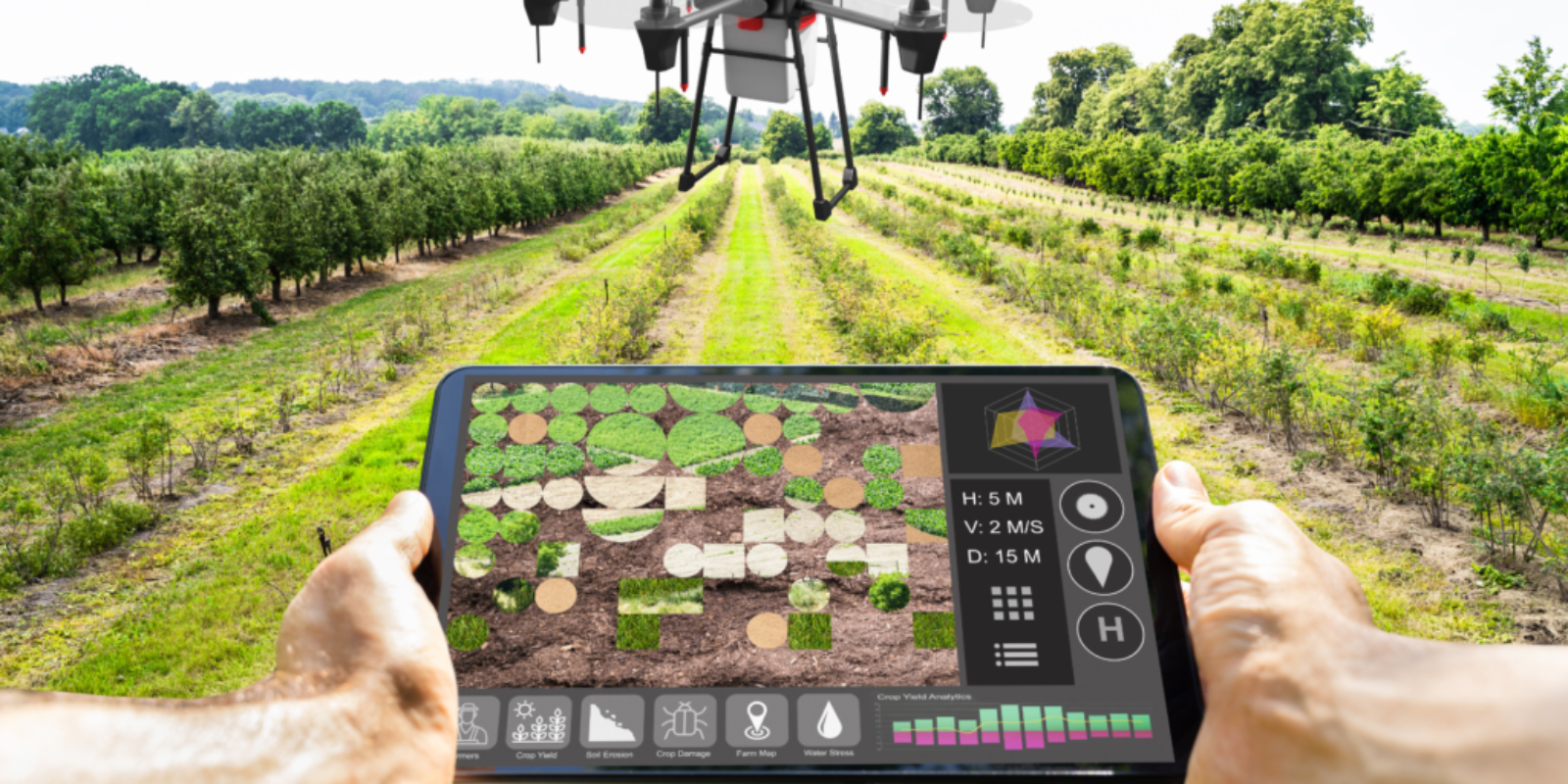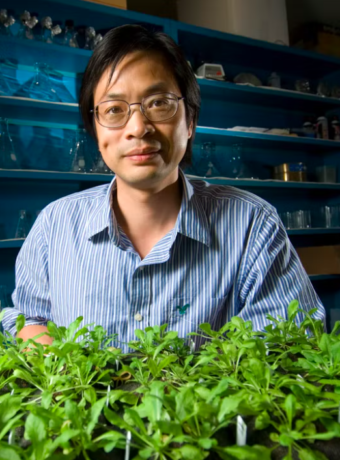This week’s ‘Global Food System Bite’ comes from two articles, the first titled Alternative Proteins May Be Best Investment for Slowing Climate Change, and the second If it’s agtech, it’s climate change: How the crisis is shaping investors’ strategies.
In order to fix the global food system, we need to invest in businesses that are committed to making positive change. Fortunately, there are plenty of companies out there who are working to make a difference. From companies that are developing new technologies to help farmers be more efficient to those that are creating new methods of food production that are more sustainable, there are plenty of businesses making progress towards fixing the food system. However, all of this progress relies on investors who believe in these companies and are willing to fund their ventures. without investment, these businesses will struggle to grow and scale their operations. That’s why it’s so important that we continue to support businesses that are working to make a difference in the food system – because without them, we won’t be able to make the progress we need to fix the system for good. Let’s look at the results of two surveys to see what investors are looking for when it comes to sustainable food systems.
Investing in Alternative Proteins
Alternative meat has been a hot topic in the investment world for many years now. From plant-based burgers to lab-grown meats, there is a lot of excitement around this new industry. And it’s no wonder why. The global meat industry is worth trillions of dollars, and alternative meat companies are positioned to tap into this huge market. So far, the biggest names in alternative meat have been able to secure large investments from some of the world’s biggest companies. But it’s not just the big players who are getting involved. More and more people are investing in alternative meat companies, and the industry is only getting bigger. With the ever-growing demand for alternative meat products, it’s clear that this is an industry with a lot of potential.

A new report from the World Resources Institute (WRI) has found that the food value chain is responsible for 25% of global greenhouse gas emissions. The report argues that a shift to alternative proteins—such as plant-based meat, insect-based protein, and cultured meat—may be the most capital-efficient and high-impact solution to addressing the climate crisis. The report notes that over 30% of consumers are already interested in making the switch to alternative proteins, and that this number is likely to grow as awareness of the climate impacts of the food system increases. While some alternative proteins are still more expensive than animal-based products, the report argues that large-scale production and innovation will help drive down costs. The report concludes by calling on policymakers to take action to support the development of alternative proteins.
The global market for alternative proteins is expected to reach $5.2 billion by 2030, up from $ 441 million in 2018,
According to a new report from Boston Consulting Group (BCG) and impact investor Blue Horizon based on a survey of more than 3,700 consumers in seven countries (China, France, Germany, Spain, the United Arab Emirates, the United Kingdom and the United States), regarding their reasons for trying alternative proteins and the inhibitors that keep them from buying even more. Three-quarters of survey respondents cited a healthier diet as their primary motivator for switching to alternative proteins, while more than 30 percent of consumers would fully switch their diets to alternative proteins if they believed doing so would have a major positive impact on climate. Other reasons cited by respondents included a desire to reduce animal cruelty (13 percent) and support for sustainable farming practices (10 percent). Among the inhibitors to purchase cited by respondents were taste (48 percent), cost (47 percent) and lack of availability (46 percent). The most popular alternative proteins were plant-based variants of meat (43 percent), followed by soy-based products (33 percent) and pea protein (26 percent). Given the growth projections for the alternative protein market, it is clear that companies that can address these key issues will be well positioned to capture a significant share of this rapidly growing market.

Ben Morach, a Boston Consulting Group managing director and partner says that “pivoting away from animal-based proteins will lead to shorter, more resilient, and potentially more local supply chains. Widespread adoption of alternative proteins can remove the risk of supply chain disruptions and play a critical role in tackling climate change, with consumers playing a key part in propelling this transition.”
Everyone has a stake in accelerating the protein transformation and in the broader transition to a sustainable food system, and the report points to the need for action in five areas:
- Supporting farmers
- Ensuring a level policy and regulatory playing field between conventional and alternative proteins
- Directing capital toward transformative ventures
- Optimising resources and waste recovery
- Continuing to build consumer acceptance
Ag-Tech
Agriculture is one of the most important sectors of the economy, and its health depends on stable weather patterns. However, as the Earth’s climate changes, agriculture is increasingly being impacted in negative ways. Hotter temperatures and more extreme weather events are making it difficult to grow crops and raising livestock. In addition, rising sea levels are making it difficult to transport food, and increased wildfires are causing air pollution that taints harvests. As a result, the fates of agriculture and climate change are inextricably linked. Agricultural production must be adaptable to a changing climate in order to protect food security and livelihoods.

The challenges of climate change have many tech investors excited. They see the potential for new technologies to help reduce greenhouse gas emissions and adapt to a changing climate. One area of interest is clean energy, which includes technologies that generate electricity with low or zero emissions. This includes solar photovoltaic panels, wind turbines, and nuclear power plants. Another area of interest is energy storage, which can help provide stability to the electricity grid and enable renewables to meet a larger share of demand. There are also opportunities in agriculture, water resources, and buildings. In each sector, there are a variety of technologies that can help reduce emissions and increase resilience to climate change. The challenge for investors is to identify the most promising technologies and support their development and deployment.
As startups look for ways to adapt the global food system to the chaos of today, TechCrunch reached out to 7 investors to get a better understanding of how the climate crisis has informed their strategies to date. So, what do investors in this space look for?
Camila Petignat, a partner at Yield Lab told TechCrunch that “climate challenges are not new to anybody operating in the broader food and agriculture space, so our approach is to invest in solutions that can help mitigate and adapt to climate change.” Themes the firm looks at “include soil and water conservation, improved use of crop inputs, the shift from chemical to biological crop protection solutions and reduction of food waste,” Petignat said. “We could argue,” she added, “that the increased awareness of carbon markets in recent years has triggered new opportunities at the intersection of agtech and fintech, a space that we are interested in.”

The managing partner of Omnivore, Jinesh Shah told TechCrunch that “India is one of the most vulnerable countries to climate change… agriculture represents 20% of India’s GHG emissions, but the sector is also incredibly vulnerable to the impacts of climate change, which may begin to threaten Indian food security in the coming decade.” he said.
Shah added that the firm’s strategy is to “invest in startups that align with one or more of our four key pillars — increasing smallholder profitability, enhancing smallholder resilience, improving agricultural sustainability and catalysing climate action.” The investor went on to state that agtech in India must “evolve beyond digital technologies (farmer platforms and B2B marketplaces), and we look to agrifood life sciences for long-term solutions to climate change.”



